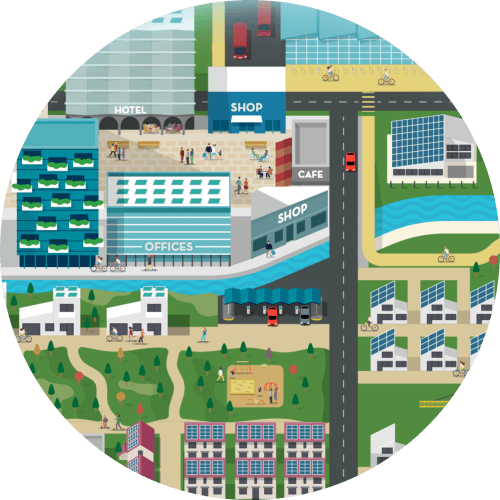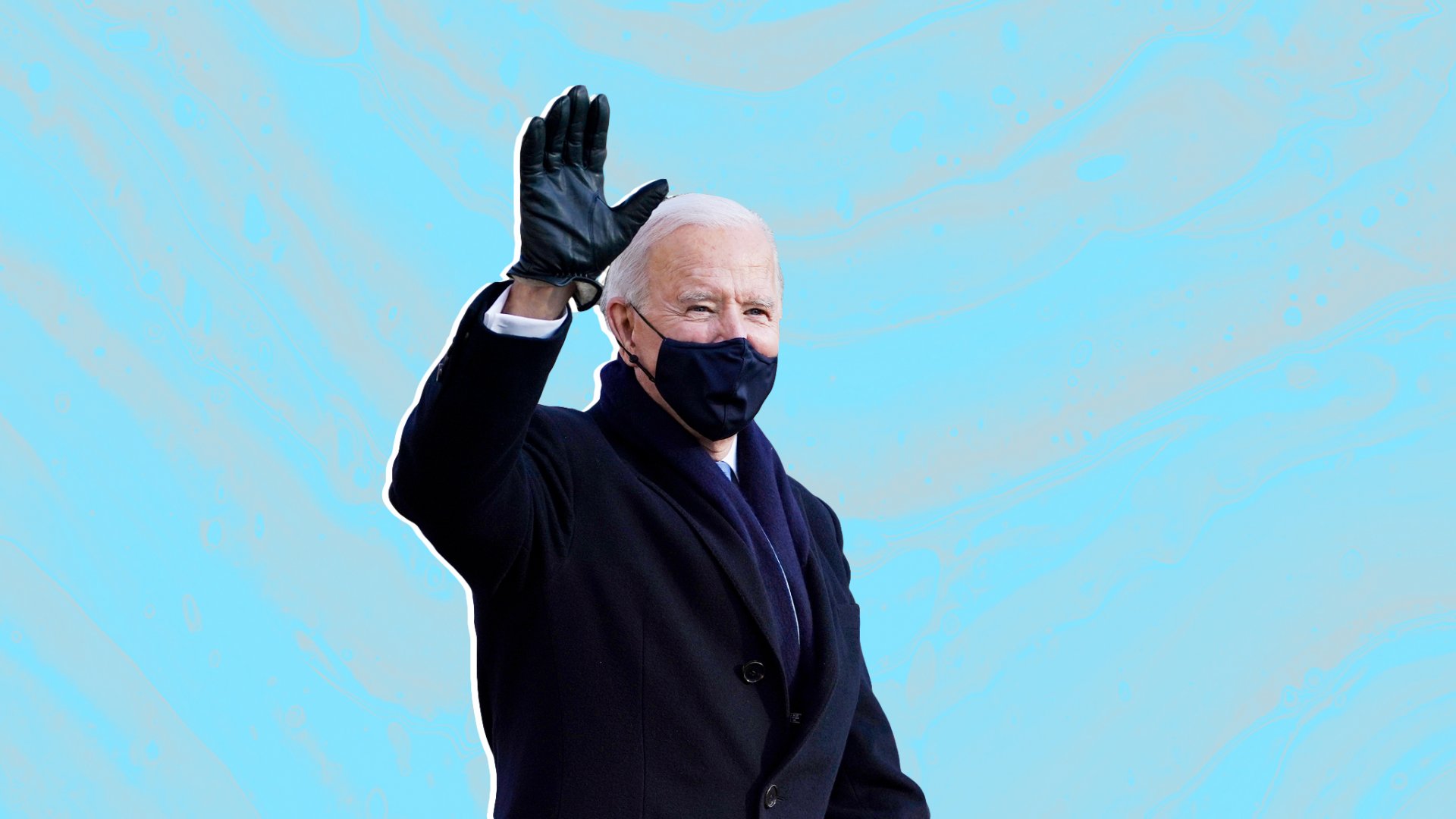The Time for Action – and Radical Collaboration – is Now
COP26 was a key moment for the business community and the message coming from Glasgow was clear. Nations, businesses, cities, regions and civil society must prioritize immediate action to ensure global emissions are cut in half by 2030. This is how we keep the 1.5ºC goal of the Paris Agreement within reach.
The outcomes of COP26, including the Glasgow Climate Pact, have wide ranging implications for businesses, including small and medium sized enterprises (SMEs) or those with under 500 employees. Fundamentally, the deal in Glasgow provided greater clarity on how climate policies and regulations will shape the environment that business operates in for the years ahead. The progress made on phasing out fossil fuel subsidies and coal investments is a clear signal to the global market about the future viability of fossil fuels. More broadly, we now have a framework that gives the private sector the confidence and certainty it needs to heavily invest in climate action, innovate and scale up climate solutions at a faster pace, and to rapidly transition to clean energy. This is true for the largest multinational and the smallest local business.
They say the best time to plant a tree is 20 years ago, and the second-best time is today. The same is now true for small businesses thinking of starting their climate journey. Act now or risk being left behind. Long-term commitments and targets are important, but customers, buyers and investors will increasingly be looking for SMEs that can prove they are already taking tangible steps to prioritize the future of the planet – and in turn, the future of their business. The journey will be different from one sector to another, and from one SME to another, but there are simple, free resources that any small and medium sized business can leverage to take immediate climate action.
Initiatives and tools like the SME Climate Hub aim to help small businesses on their journey towards reaching net-zero emissions. We understand the challenges that SME leaders and founders face and why they may be wary of publicly committing to a net-zero emissions target date. Whether going through a growth phase that might result in higher absolute emissions from one year to the next, or concerns about capacity to deliver on their targets, SMEs have understandable reasons for holding back. It is important to recognize that SMEs cannot and are not expected to have all the answers, or to go it alone. The SME Climate Hub and others will be there to accompany and support them, and to make their voices heard. It is up to SMEs, however, to get started, and to communicate transparently about their progress so that we can collaboratively work on solutions to meet those net-zero goals.
During COP26 the SME Climate Hub, an initiative of the We Mean Business Coalition, the Exponential Roadmap Initiative, the United Nations Race to Zero campaign and the International Chamber of Commerce, released a new suite of tools available to companies that have made the SME Climate Commitment. Resources like the new Normative Carbon Calculator provide industry insights to help SMEs identify the sources of their emissions, both in their own business, and in the businesses that supply their products and services. Committed businesses also have access to a free climate education course developed by BSR and the Cambridge Institute for Sustainability Leadership, to understand how to address these emissions hotspots. Modules cover topics such as how to adapt strategy and operations, product development and both customer and employee engagement around the topic. Through the SME Climate Hub, businesses also have access to a simplified reporting framework developed with CDP which allows SMEs to clearly and simply disclose their progress on cutting their emissions, which is increasingly expected by shareholders, investors and customers. Progress reporting offers an opportunity for businesses to be transparent within their own company and with their customers, to attract and retain the best staff and win new business.
As suppliers and distributors of materials and services, SMEs are responsible for between 50-95% of emissions generated by large multinational companies. With more than 1,000 of the world’s leading companies now committed to 1.5°C consistent emission cuts, including through their supply chains, SMEs can expect evermore pressure from their biggest corporate suppliers and customers to match this level of ambition. Fortunately, this also means that large companies are increasingly keen to provide training, advice and support. In some cases, multinational corporations will even be able to offer preferential contract terms and supply chain finance to ensure that SME suppliers meet their sustainability requirements. Gucci, for example, has partnered with the Italian bank Intesa Sanpaolo to provide SMEs in their supply chain with access to loans at favorable terms and conditions if the supplier improves the sustainability of its operations. Since the launch of the initiative over €230 million in loans has been extended to over 150 SME suppliers.
Finally, let’s not forget what COP26 and all of this momentum means for those SMEs that are building climate solutions and shaping new business models with sustainability at their core. In the coming years, a huge wave of investment will drive the transition to a global net-zero economy and build a just, prosperous and climate-safe future. Nimble and innovative by nature, SMEs are uniquely placed to ride that wave and provide those solutions that will transform the world. All the more reason to start the journey now – if you haven’t already.

 Go back
Go back






